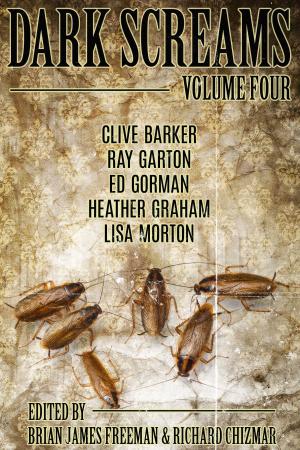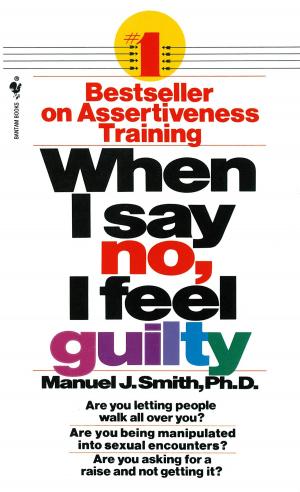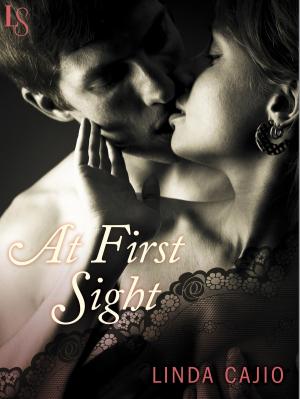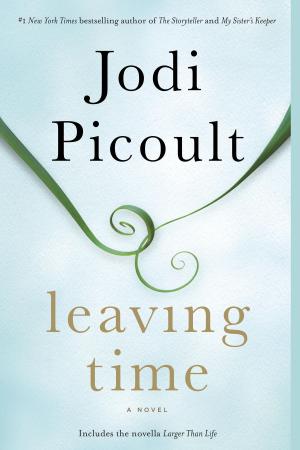Draw Your Weapons
Nonfiction, Religion & Spirituality, Philosophy, Political, Art & Architecture, History, Americas, United States| Author: | Sarah Sentilles | ISBN: | 9780399590351 |
| Publisher: | Random House Publishing Group | Publication: | July 4, 2017 |
| Imprint: | Random House | Language: | English |
| Author: | Sarah Sentilles |
| ISBN: | 9780399590351 |
| Publisher: | Random House Publishing Group |
| Publication: | July 4, 2017 |
| Imprint: | Random House |
| Language: | English |
A single book might not change the world. But this utterly original meditation on art and war might transform the way you see the world—and that makes all the difference.
“How to live in the face of so much suffering? What difference can one person make in this beautiful, imperfect, and imperiled world?”
Through a dazzling combination of memoir, history, reporting, visual culture, literature, and theology, Sarah Sentilles offers an impassioned defense of life lived by peace and principle. It is a literary collage with an urgent hope at its core: that art might offer tools for remaking the world.
In Draw Your Weapons, Sentilles tells the true stories of Howard, a conscientious objector during World War II, and Miles, a former prison guard at Abu Ghraib, and in the process she challenges conventional thinking about how war is waged, witnessed, and resisted. The pacifist and the soldier both create art in response to war: Howard builds a violin; Miles paints portraits of detainees. With echoes of Susan Sontag and Maggie Nelson, Sentilles investigates images of violence from the era of slavery to the drone age. In doing so, she wrestles with some of our most profound questions: What does it take to inspire compassion? What impact can one person have? How should we respond to violence when it feels like it can’t be stopped?
Praise for Draw Your Weapons
“A collage of death, savagery, torture, and trauma across generations and continents, Sarah Sentilles’s Draw Your Weapons is painful to read, hard to put down, and impossible to forget.”—O: The Oprah Magazine
“In her dynamic, impressionistic (and cleverly titled) book, Sentilles focuses on language and images–particularly photography–and considers what role they play in peace and war. Eschewing a traditional narrative, Sentilles focuses on two men–one a World War II conscience objector who makes violins, and the other an Abu Ghraib prison guard who paints detainee portraits. In brief, delicately layered pieces rather than a narrative, Sentilles has created a collage that explores art, violence, and what it means to live a principled life.”—The National Book Review
“It’s the kind of book that, after reading just half, you have to stop and catch your breath, because reading it changes you, not just in terms of what you know–it changes the way you think and how you feel–so much so that, halfway in, I wanted to go back and start again because I felt I was already a different person to the person I was when I began.”—Turnaround
A single book might not change the world. But this utterly original meditation on art and war might transform the way you see the world—and that makes all the difference.
“How to live in the face of so much suffering? What difference can one person make in this beautiful, imperfect, and imperiled world?”
Through a dazzling combination of memoir, history, reporting, visual culture, literature, and theology, Sarah Sentilles offers an impassioned defense of life lived by peace and principle. It is a literary collage with an urgent hope at its core: that art might offer tools for remaking the world.
In Draw Your Weapons, Sentilles tells the true stories of Howard, a conscientious objector during World War II, and Miles, a former prison guard at Abu Ghraib, and in the process she challenges conventional thinking about how war is waged, witnessed, and resisted. The pacifist and the soldier both create art in response to war: Howard builds a violin; Miles paints portraits of detainees. With echoes of Susan Sontag and Maggie Nelson, Sentilles investigates images of violence from the era of slavery to the drone age. In doing so, she wrestles with some of our most profound questions: What does it take to inspire compassion? What impact can one person have? How should we respond to violence when it feels like it can’t be stopped?
Praise for Draw Your Weapons
“A collage of death, savagery, torture, and trauma across generations and continents, Sarah Sentilles’s Draw Your Weapons is painful to read, hard to put down, and impossible to forget.”—O: The Oprah Magazine
“In her dynamic, impressionistic (and cleverly titled) book, Sentilles focuses on language and images–particularly photography–and considers what role they play in peace and war. Eschewing a traditional narrative, Sentilles focuses on two men–one a World War II conscience objector who makes violins, and the other an Abu Ghraib prison guard who paints detainee portraits. In brief, delicately layered pieces rather than a narrative, Sentilles has created a collage that explores art, violence, and what it means to live a principled life.”—The National Book Review
“It’s the kind of book that, after reading just half, you have to stop and catch your breath, because reading it changes you, not just in terms of what you know–it changes the way you think and how you feel–so much so that, halfway in, I wanted to go back and start again because I felt I was already a different person to the person I was when I began.”—Turnaround















